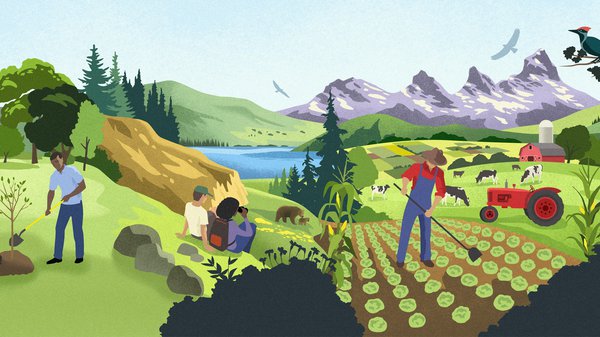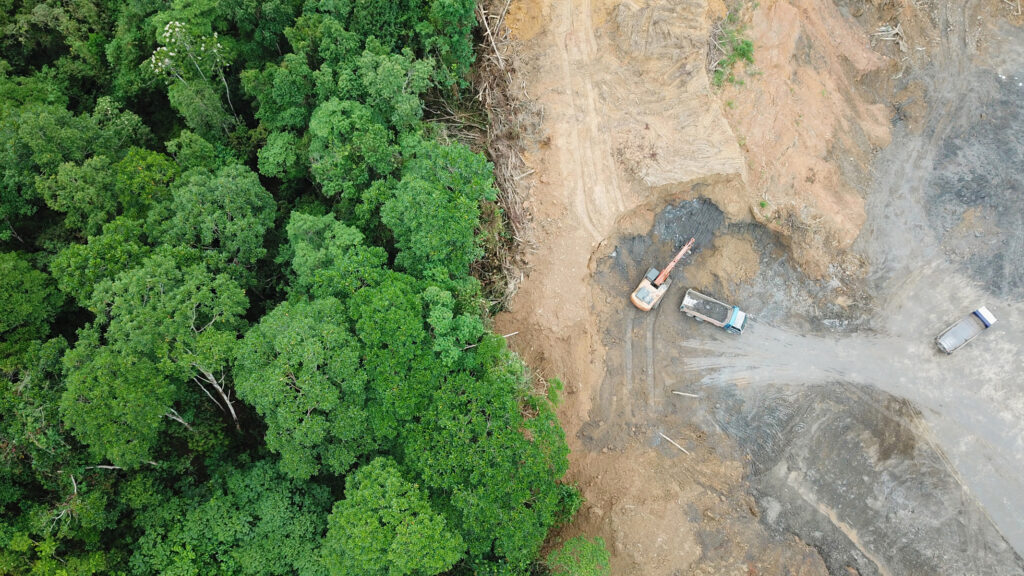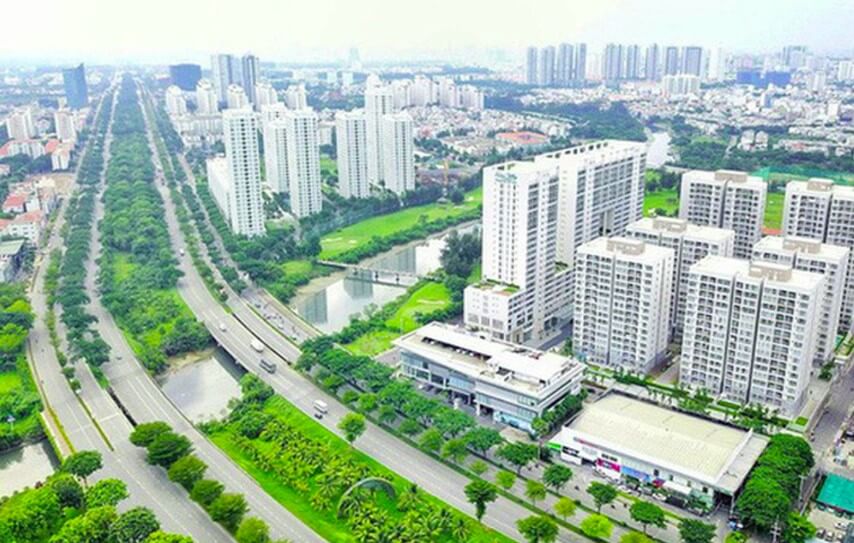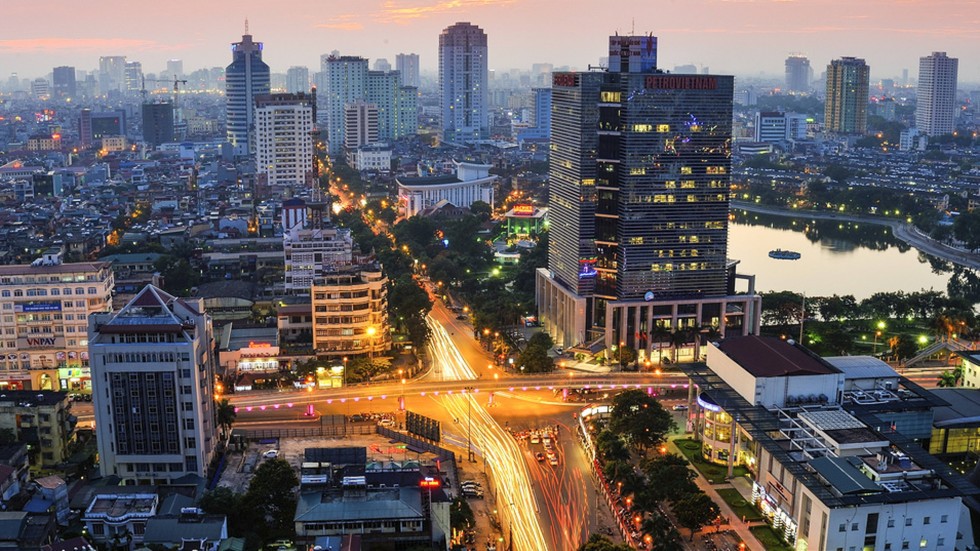General provisions on rights and obligations of land users in Vietnam

Land user has specific rights and obligations prescribed by land law. Let’s find out this issue with Lawyer X through the following situation: “Dear Lawyer! I want to ask what are general rights of land users in Vietnam? What is time to exercise the rights of land users? Thanks for answering me!”
Legal grounds
2013 Vietnam Land law
General rights of land users
– To be granted the certificate of land use rights, houses and other land-related assets ownership.
– To enjoy the results of the labor and investment on land.
– To enjoy the benefits derived from facilities constructed by the State for protecting and improving agricultural land.
– To receive the State’s guidance and assistance in the improvement and fertilization of agricultural land.
– To be protected by the State against others’ infringements of their lawful rights and benefits related to land.
– To receive compensation when land is expropriated by the State in accordance with Land law.
– To complain about, denounce or file lawsuits over violations of their lawful land use rights and other violations of the land law.
The right to exchange, transfer, lease, sublease, inherit, donate, mortgage land use rights and contribute land use rights as capital
– Land users may exercise the rights to exchange, transfer, lease, sublease, inherit, donate, mortgage land use rights and to contribute land use rights as capital in accordance with Land law.
– A group of land users sharing land use rights have the following rights and obligations:
+ A group of land users including households and individuals have the same rights and obligations as households and individuals in accordance with Land law.
In case one member of the group of land users is an economic organization, that group of land users has the same rights and obligations as economic organizations in accordance with Land law;
+ For a group of land users sharing land use rights which can be split into portions for each member in the group, if every member wants to exercise his/her land use rights over such portion, they shall carry out the prescribed procedures to have the common land parcel split into different parcels of their own and apply for the certificates of land use rights and ownership of houses and other land-attached assets. Those members will then have the rights and obligations of land users in accordance with Land law.
In case land use rights of the group of land users can not be split into portions, the group shall authorize its representative to exercise the rights and perform the obligations of the group.
– The notarization and certification of contracts and documents on the exercise of the rights of land users shall be conducted as follows:
+ Contracts on transfer, donation, mortgage or contribution of land use rights as capital or the rights to use land and land-attached assets must be notarized or certified, except the case of real estate business prescribed at Point b of this Clause;
+ Contracts on lease or sublease of land use rights or the rights to use land and land-attached assets, a contract on exchange of agricultural land use rights, a contract on transfer of land use rights or the rights to use land and land-attached assets in which one party or all parties involved in the transaction is/are a real estate business organization or organizations must be notarized or certified at the request of the parties;
+ The documents on inheritance of land use rights or the rights to use land and land-attached assets must be notarized or certified under the civil law;
+ The notarization shall be conducted at notarization-practicing organizations and the certification shall be conducted at commune-level People’s Committees.

Time to exercise the rights of land users
– Land users may exercise the rights to transfer, lease, sublease, donate and mortgage land use rights and to contribute land use rights as capital upon receipt of a certificate. In case of exchanging agricultural land use rights, land users may exercise their rights upon receipt of a decision on land allocation or land lease. In case of inheritance of land use rights, land users may exercise their rights upon receipt of a certificate or when they are eligible to be granted a certificate.
A land user who is allowed to delay the performance of, or owe, his/her financial obligations, may exercise his/her rights only after fulfilling all financial obligations.
– The transfer of land use rights within an investment project on construction of houses for sale or lease or the transfer of land use rights together with the whole project within an investment project on construction of infrastructure for transfer or lease may only be conducted upon receipt of a certificate and satisfaction of all conditions prescribed in Article 194 of Land law.
Regulations on acquisition of land use rights
– Acquisition of land use rights is prescribed as follows:
+ Households and individuals may acquire agricultural land use rights through exchange of land use rights as prescribed at Point b, Clause 1, Article 179 of Land law;
+ Economic organizations, households and individuals may acquire land use rights through receipt of transfer of land use rights, except the cases prescribed in Article 191 of Land law. Overseas Vietnamese may acquire land use rights through receipt of transfer of land use rights in industrial parks, industrial clusters, export processing zones, hi-tech zones or economic zones. Foreign-invested enterprises may acquire investment capital which is the value of land use rights in accordance with the Government’s regulations;
+ Organizations, households, individuals and communities may acquire land use rights through receipt of donation of land use rights as prescribed at Point c, Clause 2, Article 174, and Point e, Clause 1, Article 179, of Land law, except the case prescribed in Article 191 of Land law;
+ Organizations, households, individuals and communities may acquire land use rights through receipt of inherited land use rights;
+ Overseas Vietnamese who are eligible to own houses in Vietnam under the housing law may acquire land use rights through purchase, lease-purchase, inheritance or donation of houses associated with land use rights, or acquire land use rights in housing development projects;
+ Economic organizations and joint ventures may acquire land use rights through receipt of contribution of land use rights as capital;
+ Organizations, households, individuals, communities, religious institutions and overseas Vietnamese may acquire land use rights through land allocation by the State. Foreign-invested enterprises may acquire land use rights through land allocation by the State to carry out investment projects on construction of houses for sale or for a combination of sale and lease;
+ Economic organizations, self-financed public non-business organizations, households, individuals, overseas Vietnamese, foreign-invested enterprises and foreign organizations with diplomatic functions may acquire land use rights through land lease by the State;
+ Organizations, households, individuals, communities and religious institutions may acquire land use rights through the State’s recognition of the existing stable use of the land;
+ Organizations, households, individuals, overseas Vietnamese and foreign-invested enterprises may acquire land use rights through the successful conciliation of land disputes which is certified by a competent People’s Committee, the agreement in the mortgage contract to handle the debt, or the decision of a competent state agency on settlement of land disputes, complaints or denunciations, the decision or judgment of a People’s Court, the decision on judgment enforcement of the judgment enforcement agency which has been executed, the document recognizing the result of the auction of land use rights in accordance with law, or the document on splitting land use rights for households or groups sharing land use rights in accordance with law;
+ Communities and religious institutions may acquire land use rights through the successful conciliation of land disputes which is certified by a competent People’s Committee, the decision of a competent state agency on settlement of land disputes, complaints or denunciations, the decision or judgment of a People’s Court, or the judgment enforcement decision of the judgment enforcement agency which has been executed;
+ The organization which is a newly established legal entity through splitting or merger under the decision of a competent agency or organization or according to a lawful document on splitting or merger of economic organizations may acquire land use rights from the organizations which are split or merged legal entities.
– Households and individuals may acquire land use rights, regardless of place of residence, except the cases prescribed in Clauses 3 and 4, Article 191, and Article 192 of Land law.
General obligations of land users
– To use the land for proper purposes, in accordance with the land parcel boundaries, in compliance with regulations on use of the depth beneath and the space above the parcel while protecting underground public facilities and in accordance with other relevant laws.
– To declare and register land; to complete all related procedures upon exchange, transfer, lease, sublease, inheritance, donation of land use rights; mortgage or contribution of land use rights as capital in accordance with law.
– To fulfill financial obligations in accordance with law.
– To take measures to protect the land.
– To comply with regulations on environmental protection and not to cause damage to the lawful benefits of related land users.
– To comply with the law on discovery of underground objects.
– To return the land upon the State’s decision on land expropriation or at the expiry of the land use term without being permitted to extend the land use term.
Limited use rights to the adjacent land parcel
– The limited use rights to the adjacent land parcel include the right to access path, water supply and drainage, irrigation and drainage in cultivation, gas supply, power lines, communication and other reasonable needs on the adjacent land parcel.
– The limited use rights to the adjacent land parcel shall be established in accordance with the civil law and must be registered under Article 95 of Land law.
Right to choose method of land rental payment
– Economic organizations, self-financed public non-business organizations, households, individuals, overseas Vietnamese and foreign-invested enterprises specified in Clause 1, Article 56 of Land law may choose between the form of annual rental payment or full one-off rental payment for the entire lease period.
– Economic organizations, self-financed public non-business organizations, households, individuals, overseas Vietnamese and foreign-invested enterprises that are leasing land from the State with annual rental payment may change to the form of full one-off rental payment for the entire lease period. The specific land price used for determination of land rental must be re-determined in accordance with Land law at the time the decision on approval of the change to the form of full one-off rental payment for the entire lease period is issued.
Please see more:
- Instructions for exclusive registration of company logos in Vietnam
- Service of changing the legal representative of Vietnamese enterprises
Services of Lawyer X
Prestigious professional services: Firstly, the team of consultants and consultants for many years in the field of civil status, and customer support.
On-time: Certainly, with the motto “Get your lawyer right at your fingertips”, we ensure the service always performs on time. The rights and interests of customers always come first.
Cost: Besides, Lawyer X’s service costs are highly competitive; depending on the nature of the particular case. So, we want our guests to have the best possible service experience. Therefore, costs which guaranteed to be the most suitable and economical for customers.
Confidentiality of client information: Finally, all personal information of clients Lawyer X will be 100% confidential.
If you need any further information, please contact LSX Law firm: at +84846175333 or Email: [email protected]
Frequently asked questions
The limited use rights to the adjacent land parcel include the right to access path, water supply and drainage, irrigation and drainage in cultivation, gas supply, power lines, communication and other reasonable needs on the adjacent land parel
The limited use rights to the adjacent land parcel shall be established in accordance with the civil law and must be registered under Article 95 of Land law.
A land user who is allowed to delay the performance of, or owe, his/her financial obligations, may exercise his/her rights only after fulfilling all financial obligations.
Conclusion: So the above is General provisions on rights and obligations of land users in Vietnam. Hopefully with this article can help you in life, please always follow and read our good articles on the website: lsxlawfirm.com




